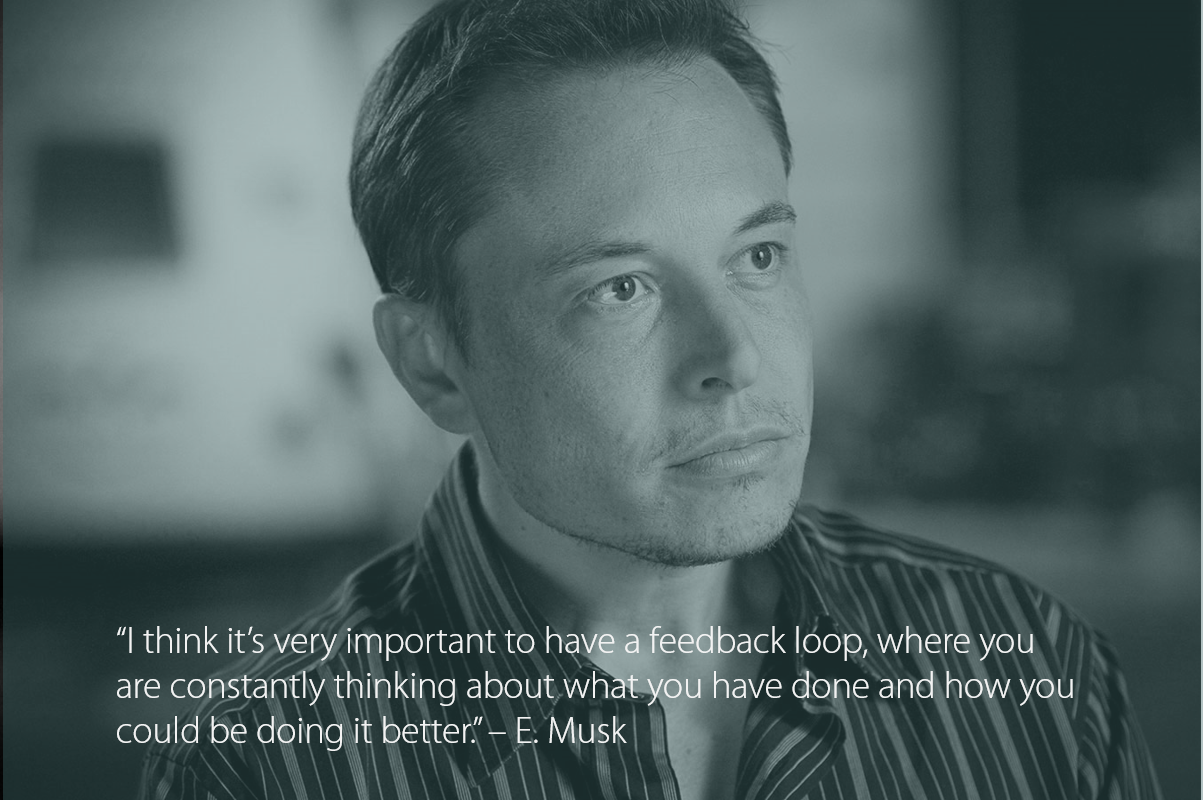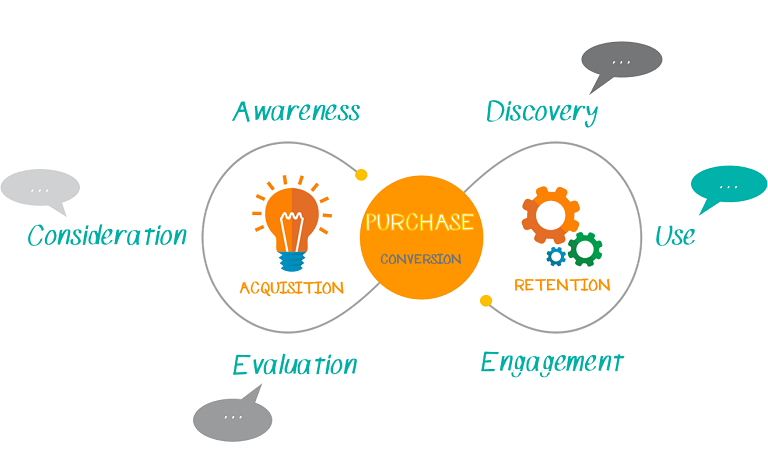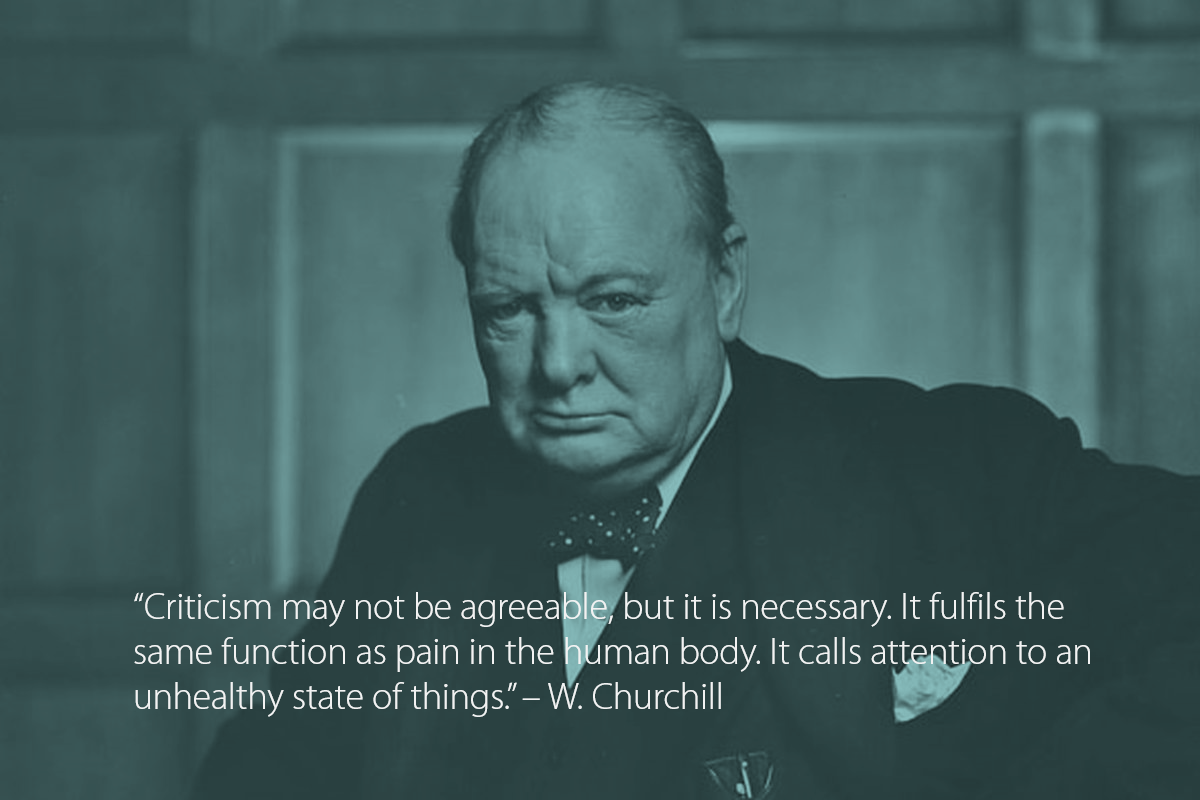« Please try to be unbelgian »
This small sentence introduces well the subject of today’s post. Creative concluding statement, don’t you think? This is how our guest of last week closed the seminar she had organised. But what did she mean when she specifically asked us to be ‘unbelgian’ in our feedback? She simply wanted an unvarnished assessment of the Google Sales Academy! And I fully understand why. Don’t you?
What other means did she have at her disposal to measure the efficiency of her tactic? Through concrete feedback, she will be able to gauge the success of her program. She may either validate or review her initial model.
Funny detail though: this fundamental principle, often called the feedback loop, was ducked out of the ideal B2B Sales process presented that day.

Acquisition ! Conversion ! … & Retention ?
Let’s be clear, the approach presented during this training organised by Google was simply excellent. Built upon a very nice customer centric approach, it stressed the importance of both the ‘pre-sales’ and ‘sales’ phases i.e. analyse the core business of your prospect, define and align your prospect’s needs with your value proposal and then present an offer tackling all challenges the prospect is currently facing. But what happens once prospects become customers? What to do when they have their confidence in your company and its services?
What about the after sales? A crucial step which, as far too often, was completely forgotten by the trainer (just as by many of us for that matter). However, it can make a huge difference between the repurchasing of a similar or a different product of the same brand (‘Loyalty Purchase’), the activation of complementary services (‘Cross & Upselling’) and the loss of a customer (‘Churn’).
A nice way to highlight your emphatic listening skills
I am sure that we can all agree upon the fact that good listening skills are essential. Especially when it comes to determining whether the interviews you manage to land with your prospects or your customers are successful or not.
Admittedly, you can’t win if you don’t listen:
On the one hand, by noting the feedback provided to you by your interlocutor, you can quickly alleviate any problem the customer is currently experiencing and deploy a concrete action plan (Win for you).
On the other hand, when your customers feel confident enough to share their impressions with you, they are expecting you to listen, to understand but also to value their opinion (Win for them).
It is nothing else but a game advocating a natural exchange between both parties so that everyone benefits: the customer and the provider. It is not much the amount of information collected but well what you manage to with it that matters.
« Feedback is everywhere »
No matter which step of the sales process you are sitting in, the feedback of your customers and prospects are everywhere.
Your customers share their impressions, their experience with your products and services via any available channel. Every single feedback is full of relevant pieces of information which, when properly used, can make the difference between the conversion, the retention and the loss of a customer.
Equally and as mentioned before, customers will feel more at ease to defend a product or a service when they feel valued.

A form of motivation that helps building a good relationship with the customer
When you openly ask for feedback, its helps motivate your customers. They feel valued hence they are willing to share their opinion on your products or services. When adequately used, this feedback helps your organisation gauging and maintaining the satisfaction level of its customers. It helps to strengthen ties between your sales-force and your customers.
In such a frame, your customers are more likely to order more. Subsequently, sales people are more in contact with their customers and get closer to them. In particular, this customer proximity becomes a key asset in building up healthy, sustainable relationship.
“Be a learn-it-all and not a know-it-all”
In a recent interview, Satya Nadella, the CEO of Microsoft, was insisting on the fact that a ‘learning culture’ was key to success. According to him, over the long term, the learn-it-all will always outclass her / his know-it-all counterpart.
Yet how more you are opened to receive feedback, how more you will get to know your customers, their projects, the objectives they are pursuing, their satisfaction level with your key deliverables. Unfortunately, feedback, in its purest form, is often considered as criticism. And the reason therefor is that we are not always ready to receive it.
With the good state of mind, you will soon realize that customers’ feedback is more a source of encouragement, a constructive way to tackle the issues you are dealing with rather than just criticism or gracious revenge. The return on experience you receive from your customers or your colleagues can clearly hep you to take better decisions hence to perform better.

My two cents: invest more time now and reap bigger rewards later
I would like to conclude this post by inviting you to put more of your time in the generation and the collection of qualitative and effective feedback.
No matter which sales channel or technique you are currently using, encourage your customers to share with you and your colleagues their experience with your products or services. Show empathy, help your customers to feel at ease and be ready to receive their feedback. And this even if, from time to time, you will have to reformulate the remarks that are submitted to you. Equally, do not hesitate to paraphrase so that you can validate the position of your interlocutor: “If I understand you well, you are saying that ….”
Results are best when your organisation and your customers already have existing relationships built on ongoing exchanges of information and ideas. The continuous exchange of experiences makes it possible to better align the objectives pursued by each of the parties and to develop more suitable products and/or services.
Listen to better learn. Learn to improve and reach excellence. And since this post focuses on the importance of feedback, do not hesitate to comment!


